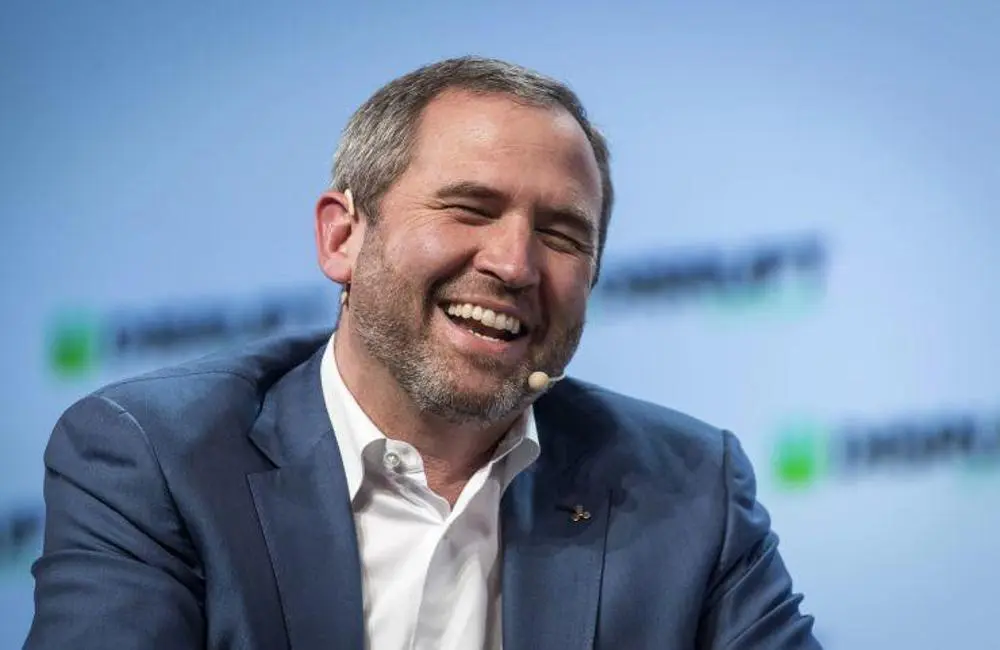- Ripple CEO urges Senate to define crypto regulations and support digital asset innovation.
- Garlinghouse states that XRP is essential for facilitating fast, secure, and cross-border financial transactions.
- Testimony highlights SEC battle, urges clarity to prevent jobs and tech from moving overseas.
Ripple CEO Brad Garlinghouse has published his complete testimony ahead of his appearance before the Senate Banking Committee. The hearing, titled “From Wall Street to Web3: Building Tomorrow’s Digital Asset Markets,” is set for July 9, 2025.
In the testimony, Garlinghouse outlines Ripple’s role in the crypto ecosystem and clarifies how XRP is used to solve real-world financial problems.
Garlinghouse opens his address by stating, “Ripple was founded more than a decade ago with a mission: to enable the Internet of Value — a world where money moves like information does today.”
He explains that Ripple builds software to support cross-border payments and stablecoins using blockchain technology. The company’s focus, he noted, is to reduce friction, unlock efficiencies, and serve institutional customers.
He further highlights the practical application of Ripple’s technology by stating, “Ripple leverages the XRP Ledger — a decentralized, battle-tested open source blockchain — and its native digital asset, XRP, to facilitate payments.” He describes XRP as a tool built for fast, low-cost, and scalable transactions.
Also Read: Bitcoin Recovers to $108,734, ETH at 2,621 as TRX Slips 0.1% After Drop
Garlinghouse Highlights Legal Clarity, Industry Setbacks, and Key Legislative Priorities
Garlinghouse uses part of his testimony to discuss the ongoing challenges the crypto industry has faced in the United States. He says, “For the last decade, the legal and regulatory uncertainty surrounding crypto has prohibited meaningful progress in the U.S.”
Ripple, he notes, was “the first leading U.S. crypto company to be sued by the SEC,” referencing the legal battle that began in 2020. He adds, “Our victory cleared the path for other market participants to fight back.”
In his message to lawmakers, Garlinghouse makes a strong case for congressional action. He urges the Senate to “prioritize the passage of market structure legislation for digital assets… to ensure that the U.S. becomes the crypto capital of the world.”
He warns that without a clear policy, “technology, jobs, and tax dollars that go with it are pushed offshore,” weakening U.S. leadership.
Garlinghouse also outlines three goals for lawmakers. These include defining regulatory boundaries, enabling companies to build in the U.S. without weakening protections, and positioning the U.S. as a global leader in digital asset innovation.
He says, “Smart legislation should be based on several core principles: consumers need protection from fraud and scams, markets need proper oversight, bad actors need to be kept in check, and innovation must be fostered.”
Conclusion
Garlinghouse’s testimony, shared in advance, gives the Senate Banking Committee detailed insight into Ripple’s operations and the utility of XRP. His remarks call for structured legislation that supports innovation, safeguards consumers, and restores America’s place in digital finance.
Also Read: Robinhood Under Fire in EU Over Controversial OpenAI, SpaceX Stock Tokens
